STOP Trying to Change the People You Love. This Is Why
What do we do when the people we love don’t want to change? And we believe our want for them to change comes from a space of love.
As humans, we have an innate desire to help those we love, especially when it comes to their health and well-being. It is natural to want to see our loved ones happy, healthy, and thriving. However, when it comes to trying to force someone to change, whether it be their behavior or their health, it can often have unintended negative consequences.
Today we will explore why we should never force anyone to change and how we can learn to accept and feel good without resentment.
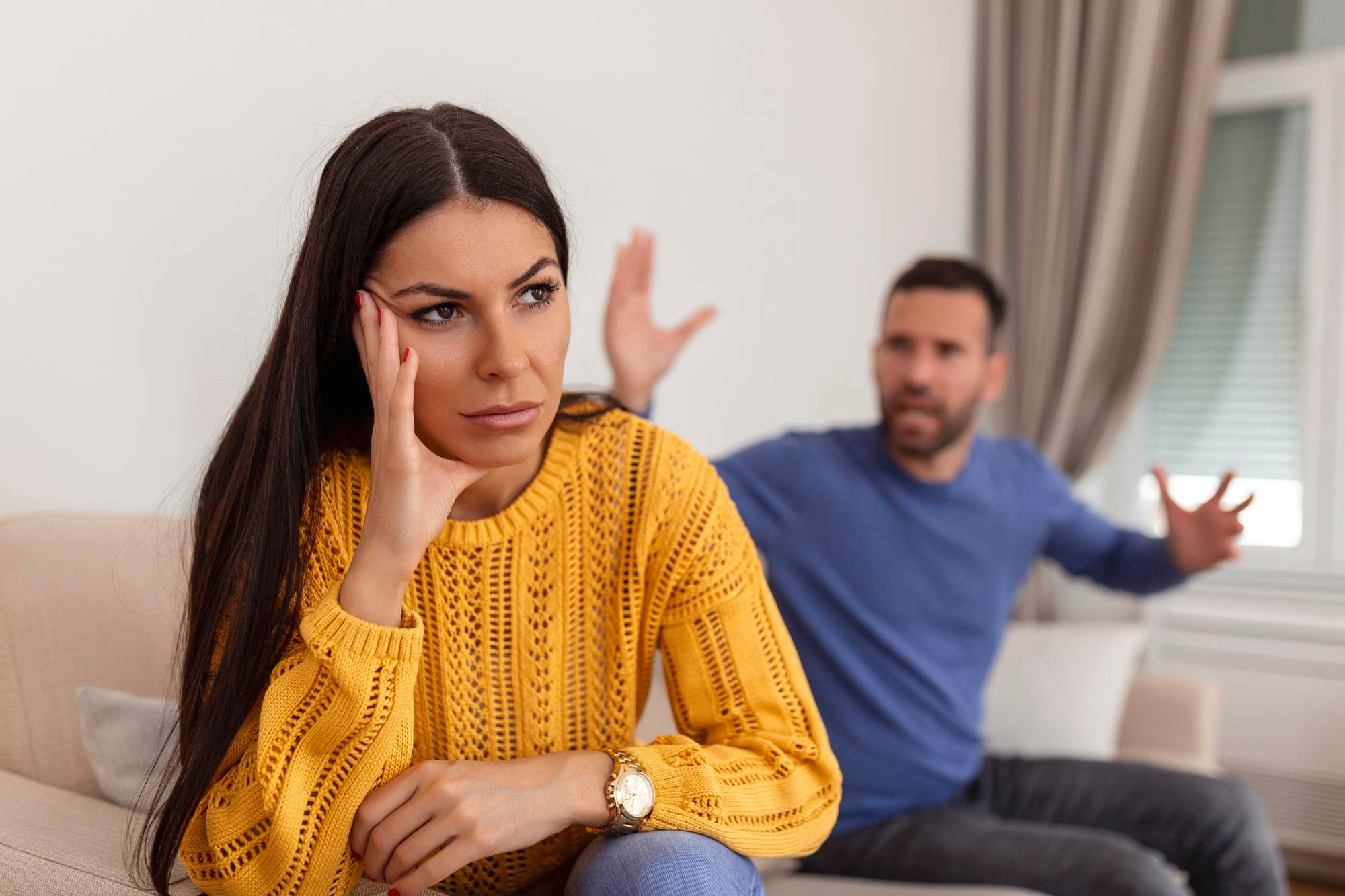
Recognize that people are responsible for their actions
Firstly, it is essential to recognize that people are responsible for their actions. Every person is unique and has their own set of beliefs, values, and experiences that shape their behavior. While we may not always understand why someone is behaving in a certain way or making certain choices, it is essential to respect their autonomy and right to make their own decisions.
Attempting to force someone to change can often lead to feelings of resentment and a breakdown in trust and communication.
Forced change can also be counterproductive
When someone feels pressured or coerced into changing their behavior, it is unlikely that they will fully commit to the change or feel motivated to sustain it long-term. It is essential to remember that lasting change can only come from within, and people must be willing and motivated to change themselves.
Furthermore, when we try to force someone to change, we are essentially taking away their agency and autonomy. This can be damaging to our relationships and create an unhealthy power dynamic where one person is trying to control the other. Instead of trying to control our loved ones, we should focus on being supportive and encouraging.
We can provide them with resources and information that can help them make informed decisions, but ultimately the choice to change must come from them.
Recognize that people have different priorities and values
What may be important to you may not be as important to someone else. For example, we may value health and fitness, but someone else may prioritize their career or relationships. We must respect and accept these differences and not impose our own values and priorities onto others.
When we love someone, it is natural to want to see them thrive and be happy. However, it’s important to remember that everyone’s definition of happiness and success is different. Instead of trying to force someone to change to fit our definition of happiness, we should focus on accepting and supporting them for who they are. We can encourage them to pursue their passions and goals and provide emotional support along the way.
Acceptance is the key to feeling good without resentment
When we accept others for who they are, we free ourselves from the burden of trying to change them. We can focus on our own growth and development and create healthy boundaries that allow us to maintain our own well-being. Acceptance also allows us to appreciate the unique qualities and strengths that make each person special.
Never force anyone to change, whether it be their behavior or health. People are responsible for their actions. Lasting change can only come from within. Forced change can be counterproductive and damaging to our relationships. It is important to respect our loved one’s autonomy and agency.
Instead of trying to control others, we should focus on being supportive and accepting. By doing so, we can create healthy and fulfilling relationships that allow us to thrive and grow.
While resentment will grow in the person you are trying to change, remember when you start to accept them and stop trying to change them, resentment can and will grow in you too. And while you master the art of acceptance, you will also have to make personal decisions for yourself in order not to let resentment build up.
While you accept others, you must be accepting of any changes that come up in you, which they will, as unconditional acceptance is beautiful and easy to talk about but almost impossible to do unless one is enlightened. Many people try to act like they are fine with things and they display low anger scores. They look calm on the outside and show that everything is okay on the outside but inside, resentment, bitterness, and negativity grow and finally manifest into burnout, anger lashes, suffering, and even deadly diseases.
For example, you may start to make peace with the pollution in your area, but eventually, you decide to leave and live in greener and cleaner places. Your acceptance of the fact that there is pollution doesn’t mean you have to stay there. You may accept the mistakes or hurt of your friends/partner/family, but it doesn’t mean you have to stay and act like it is all good.
You can accept and then make decisions that serve you and keeps your heart light. It’s like forgiveness. You forgive, but it doesn’t mean you have to be that person’s friend again. You forgive others for you. For your health and peace.
Remember in life, a lot of people expect things. They expect love, forgiveness, trust, honesty, and unconditional acceptance, but they are not willing to give it back. Acceptance is the key to feeling good without resentment. If you accept and still feel resentment, you have not accepted yet. You think you have but you haven’t.
Juggling between acceptance and letting go is crucial. Sometimes in life, you will accept and will also have to let go. Unconditional acceptance can and will change you as a person if you are truly accepting of others and people have to be accepting of this change in you too.
If we fail to practice this with our loved ones, we will create conflict, resentment, anger, and bitterness and all of that can deeply upset connections and relationships. Moreover, your mental and inner peace, your health, and the quality of your life, which is everything.
At the end of the day, the truth is everyone has their own journey. Everyone is completely responsible for their own actions. And they have a right to it. So long as you have a right to yours.
– Luke Coutinho
RELATED READINGS
Breakup, Lost Love, or Grief Pushing You Into Despair? It’s Not Your Fault, But a Chemical Thing!
21 Ways To Practice Self Care
The Power of Cultivating Deep Listening
Dealing With the Loss of a Loved One: A Message on Grieving, Hope, and Living From a Real Experience in My Life
|
From a pimple to cancer, our You Care Wellness Program helps you find a way Talk to our integrative team of experts today 18001020253 |

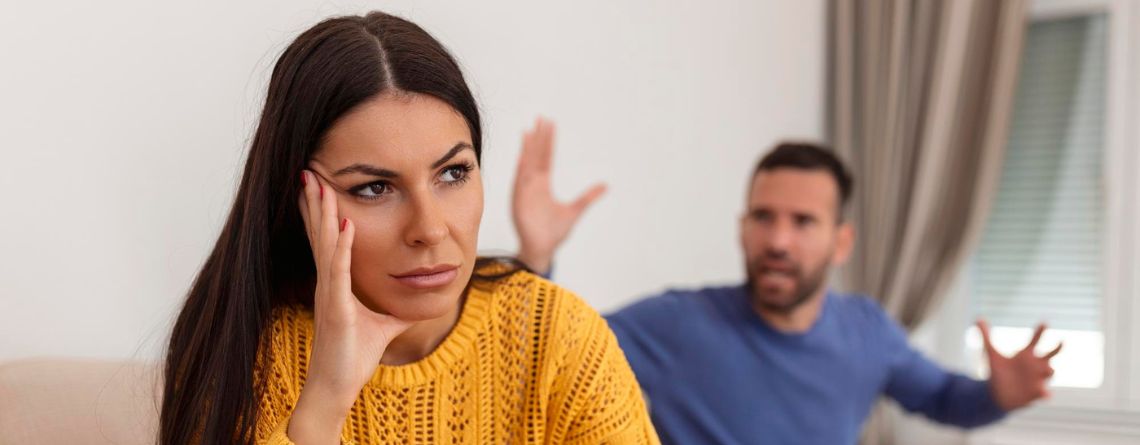
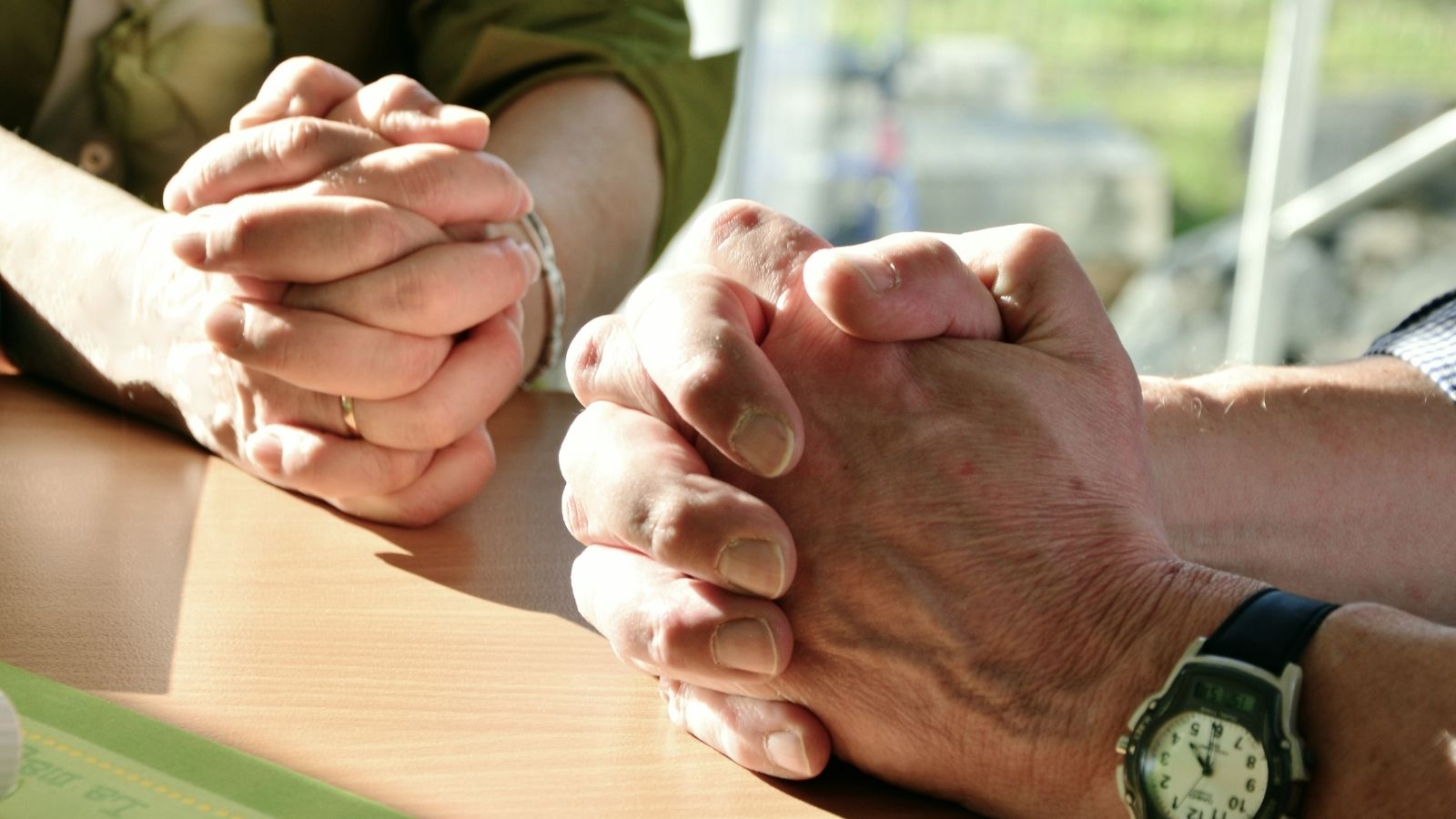
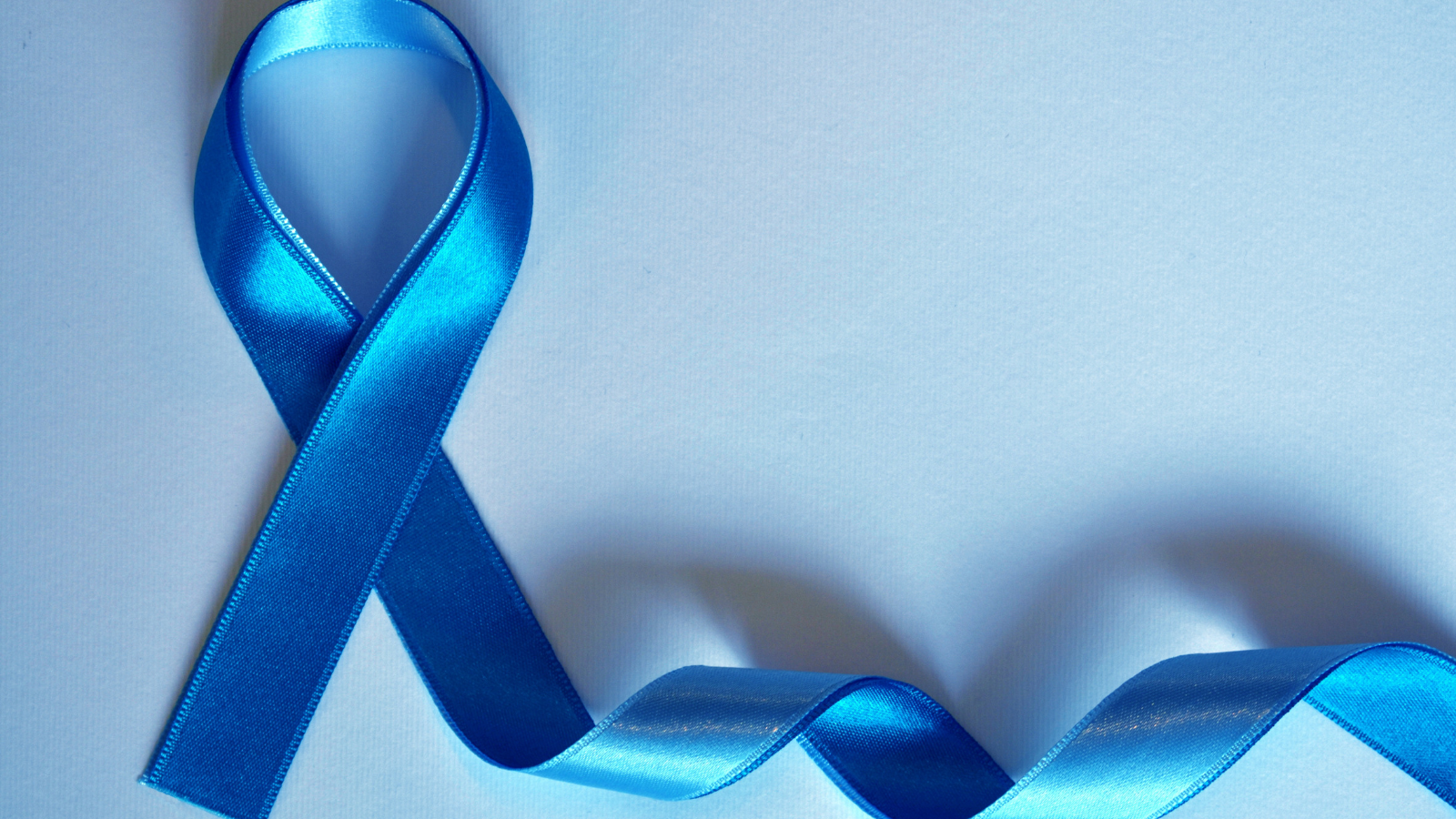

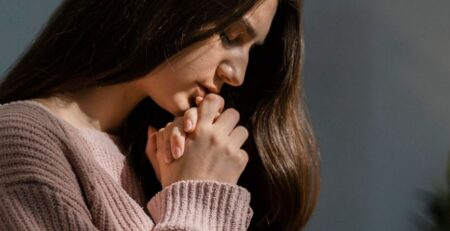

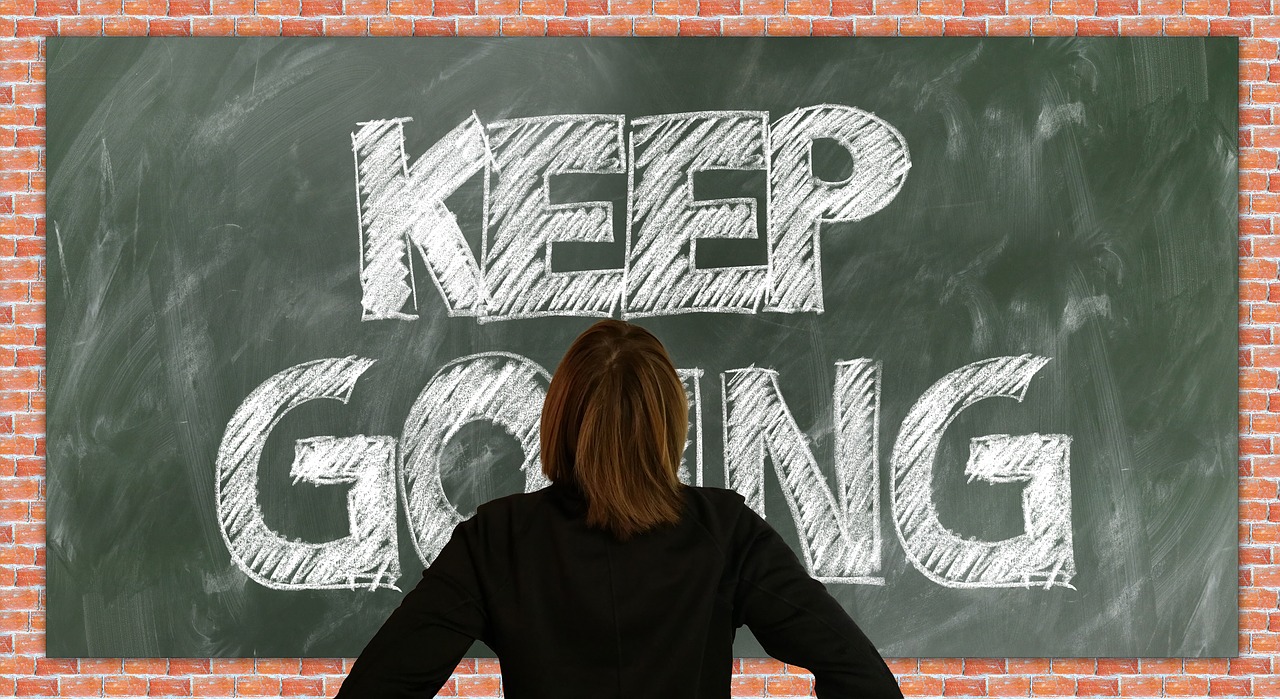

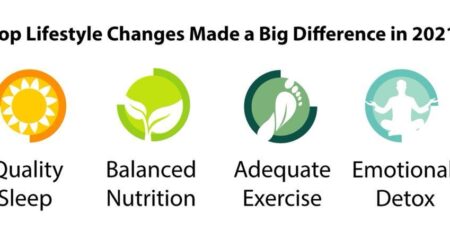
Leave a Reply